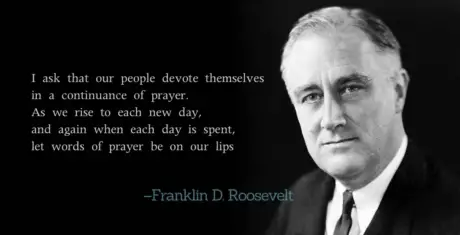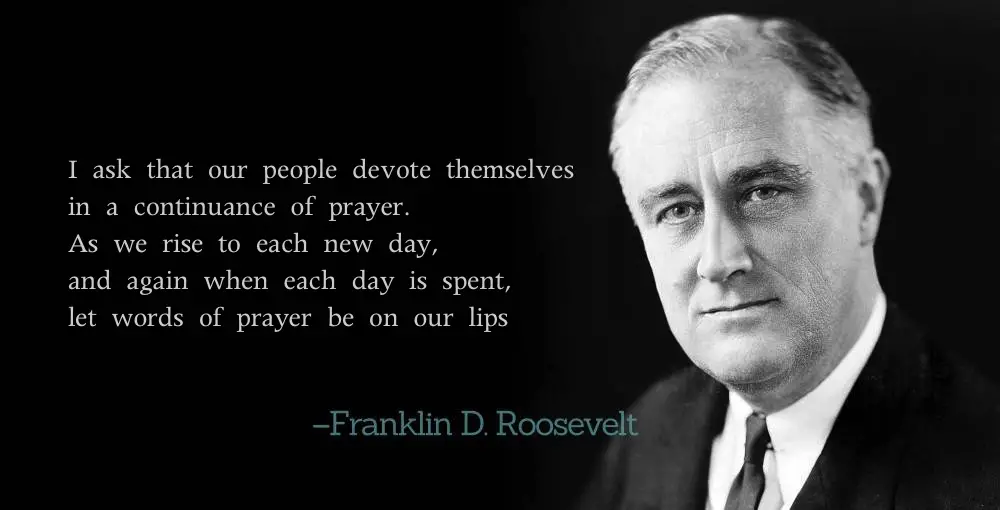Updated:2019-09-12
A Leader Who Pleases God
Who pleases God? There is a certain Gentile or non-Jewish leader in the Bible who pleases God. He is Cornelius of the Italian Band. Or Cornelius of Caesarea.
“There was a certain man in Caesarea called Cornelius, a centurion of the band called the Italian band,” (Acts 10:1).
Now, he has qualities that are uncommon in a Gentile person. They are mostly found in Hebrew men. Therefore, these distinguish him from others of his nation. Consequently, they caught the attention of the Lord.
Therefore, we read that Cornelius is:
“A devout man, and one that feared God with all his house, which gave much alms to the people, and prayed to God always,” (Acts 10:2).
Cornelius lifestyle pleases God so much that He sent His messenger to him. Even though I would love for the Lord to send a messenger from heaven to me, he only comes if one is seeking God for a very long time and still waiting for results.
Learn How God Speaks to Us
Additionally, this person usually is in a position or situation and he or she is uncertain how to proceed.
Consequently, the Lord sent heavenly instructions to Cornelius through an angel and a Believer.
Who has God sent to speak to you? How did you respond? When we accept an envoy of heaven we accept the Lord God. But if we reject the same we reject Him.
Subsequently, Cornelius has a vision. No, he wasn’t sleeping. And it was early in the day. As a matter of fact, he had his vision during prayer.
I have had visions while praying too. But, later I will tell you about them!
“He saw in a vision evidently about the ninth hour of the day an angel of God coming in to him, and saying unto him, Cornelius,” (Acts 10:3).
Note that the Lord didn’t directly speak to Cornelius . He has a defined procedure of communication. He speaks to us but always through others.
As a result, we must know through the Holy Ghost, whose advice to reject or accept. But God speaks.

Who Has God Sent to Speak to You?
I want us to understand the “language” of the Bible. Even though Cornelius calls the angel (Gabriel) “Lord”, yet he wasn’t the Lord. He represents the Lord. He’s “an angel of God”, (Acts 10:3). This practice litters the Bible. It happens with Moses, Jacob before his name-change, Cornelius, and many other people.
Subsequently, Gabriel tells Cornelius three things: his prayers and his giving to others have secured an eternal place in heaven for him with the Lord God.
“And when he looked on him, he was afraid, and said, What is it, Lord? And he said unto him, Thy prayers and thine alms are come up for a memorial before God,” (Acts 10:4). Why? Answer: because he was “a devout man”.
Let’s think about this for even a moment. The frequent and consistent prayer of this Gentile man pleases God. Yet, many Christian refuse to dedicate fifteen minutes each day for prayers.
He Pleases God Yet He Didn’t Speak Directly to Him!
And that’s not the end of that for there are many leaders who teach that praying for extended time doesn’t make you a better person or Christian!
It worked for Cornelius. He “prayed to God always,” (Acts 10:2). And his prayer-time is “the ninth hour of the day” (Acts 10:3).
It will work for you too. Schedule your prayer-times and keep them.
When’s your prayer-time? Every day, do you even have designated times to pray to God? If no, institute one. It’ll change your life forever for the good.
So, the angel of God instructed Cornelius to send for Peter. After he raised Tabitha back to life he stayed with another Believer in Joppa.
Note that even though Cornelius pleased God, the Lord God didn’t speak to him directly.
Instead, He sent Apostle Peter to speak to him.
What Did Cornelius Do?
“And now send men to Joppa, and call for one Simon, whose surname is Peter,” (Acts 10:5).
What is the significance of the last phrase in the following sentence?
“He lodgeth with one Simon a tanner, whose house is by the sea side: he shall tell thee what thou oughtest to do,” (Acts 10:6).
It informs us of the target of Cornelius constant prayers. It exposes us to what he was praying to the Lord for.
What was it that Cornelius needed to do? Peter’s instructions and comments inform us of it.
“And when the angel which spake unto Cornelius was departed, he called two of his household servants, and a devout soldier of them that waited on him continually,” (Acts 10:7).
Whether it’s the Word of God or an angel of God or a Believer who instructs you to do something, do it!
“And when he had declared all these things unto them, he sent them to Joppa,” (Acts 10:8).
Conclusion
Cornelius pleases God because as a leader: he was a sincere man; he feared God; his household feared God; he was benevolent; and he was an effective prayer-warrior.
The Lord is not a respecter of persons. A Gentile leader seeks Him and was found of Him.
Cornelius’ experience with the Lord teaches us many things. It instructs that any leader who sincerely seeks God; fears Him; teaches his household to fear God; gives generously to people in need and prays to God always, he will please God.
Such a one could be a Jew or a Gentile, it doesn’t matter. Cornelius delights the Lord. And if you seek Him you could give Him pleasure too.
Above all, Cornelius’ prayer came true because he obeyed God. God spoke to him and he heard and implemented His Words. Are you obeying the Word of God that He has sent to you through a certain Christian leader? Remember God speaks through chosen people. Everyone is not the voice of God.
Qualities of a Leader Who Pleases God
And such a leader is diligent, in his doings. He reveres the Lord God through his worship of Jesus Christ. Jesus is the ONLY way to God.
Additionally, the people who are closest to him also fear God. He is a kind leader and he is always praying to the one, true, and living God: Christ Jesus our Lord. He prayed for knowledge of salvation.
Finally, these are biblical features that the Lord God desires that you utilize to identify the person He has sent to speak into your life. Hear him/her!



